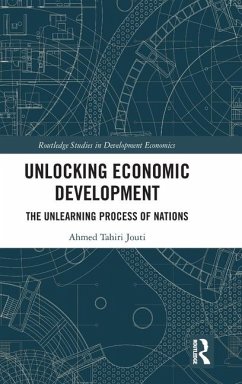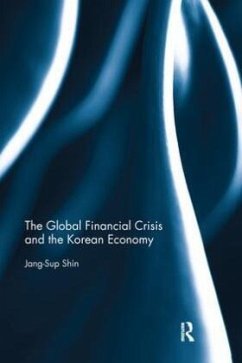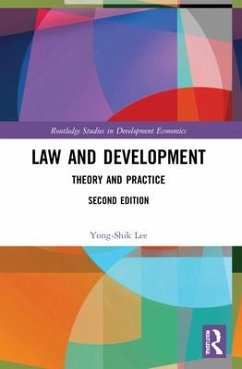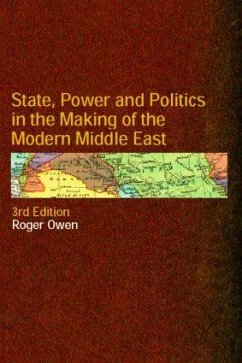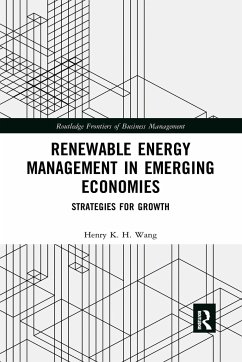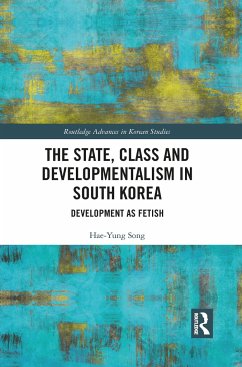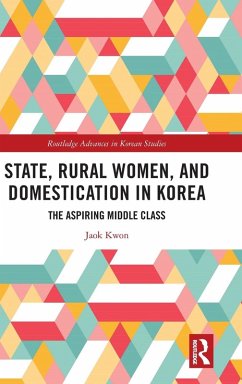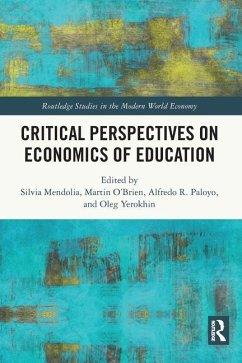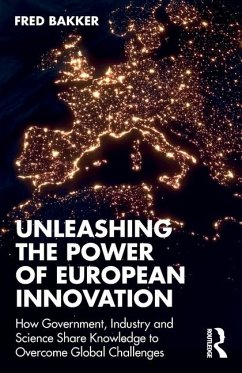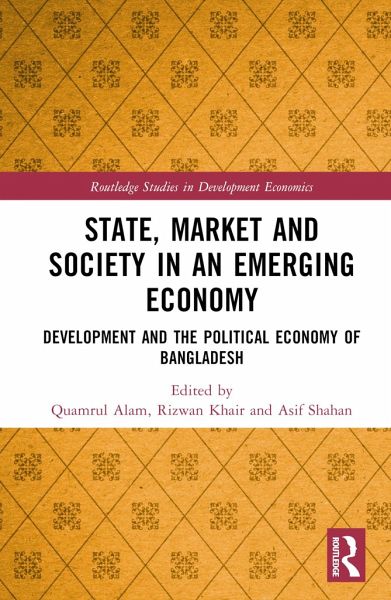
State, Market and Society in an Emerging Economy
Development and the Political Economy of Bangladesh
Herausgegeben: Alam, Quamrul; Khair, Rizwan; Shahan, Asif M.
Versandkostenfrei!
Versandfertig in 6-10 Tagen
170,99 €
inkl. MwSt.
Weitere Ausgaben:

PAYBACK Punkte
85 °P sammeln!
The economic and social development that Bangladesh has achieved in the past two decades has made Bangladesh a development paradox. This book tries to explain this paradox through a political economy lens. The book explains the linkages between the state, changing society and emerging private sector, and examines whether the social transformation taking place in Bangladesh has the potential to live up to the expectations of a middle- income country.The early part of the book unravels the myriad relations between the state, society and market to project the aspirations of a newly independent na...
The economic and social development that Bangladesh has achieved in the past two decades has made Bangladesh a development paradox. This book tries to explain this paradox through a political economy lens. The book explains the linkages between the state, changing society and emerging private sector, and examines whether the social transformation taking place in Bangladesh has the potential to live up to the expectations of a middle- income country.
The early part of the book unravels the myriad relations between the state, society and market to project the aspirations of a newly independent nation. It analyzes how political turmoil, militarization of politics, politicization of institutions, reforms initiatives, industrial and social development policies, and the power nexus influenced the nature of the political economy of Bangladesh. The book goes on to examine how domestic appetite for capital and raw materials, the digital revolution, and the capacity of the localmarket to absorb expanded economic activities have created an environment that catalyzes innovation and entrepreneurship. The book also explains how the country has attempted to transform from an agrarian to a manufacturing- based economy, with rapid growth in the ready- made garment industry, pisciculture, pharmaceuticals and the ICT sector.
Bangladesh's journey from an emerging economy towards a developed country would interest those researching on development economics and those in policy making.
The early part of the book unravels the myriad relations between the state, society and market to project the aspirations of a newly independent nation. It analyzes how political turmoil, militarization of politics, politicization of institutions, reforms initiatives, industrial and social development policies, and the power nexus influenced the nature of the political economy of Bangladesh. The book goes on to examine how domestic appetite for capital and raw materials, the digital revolution, and the capacity of the localmarket to absorb expanded economic activities have created an environment that catalyzes innovation and entrepreneurship. The book also explains how the country has attempted to transform from an agrarian to a manufacturing- based economy, with rapid growth in the ready- made garment industry, pisciculture, pharmaceuticals and the ICT sector.
Bangladesh's journey from an emerging economy towards a developed country would interest those researching on development economics and those in policy making.





